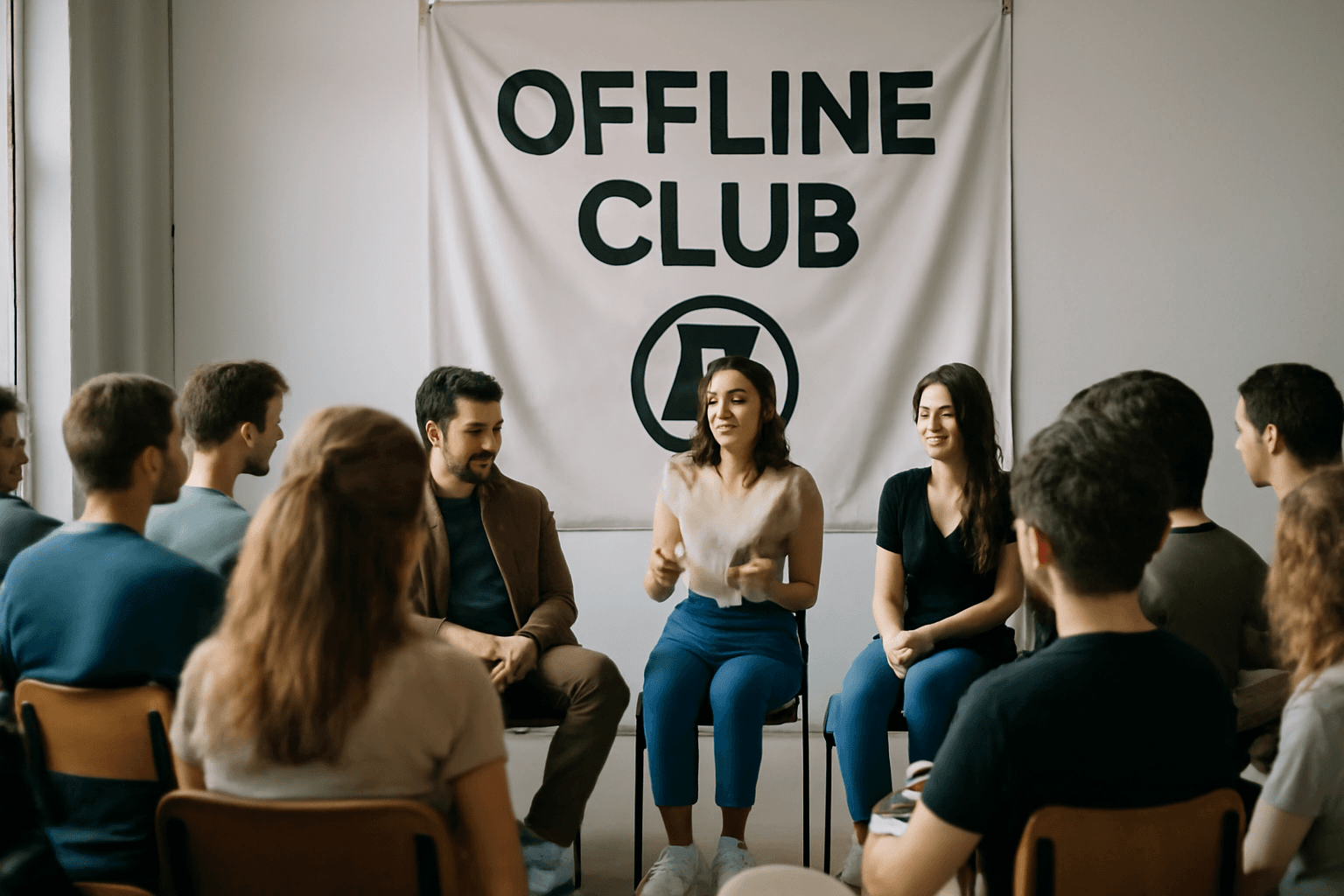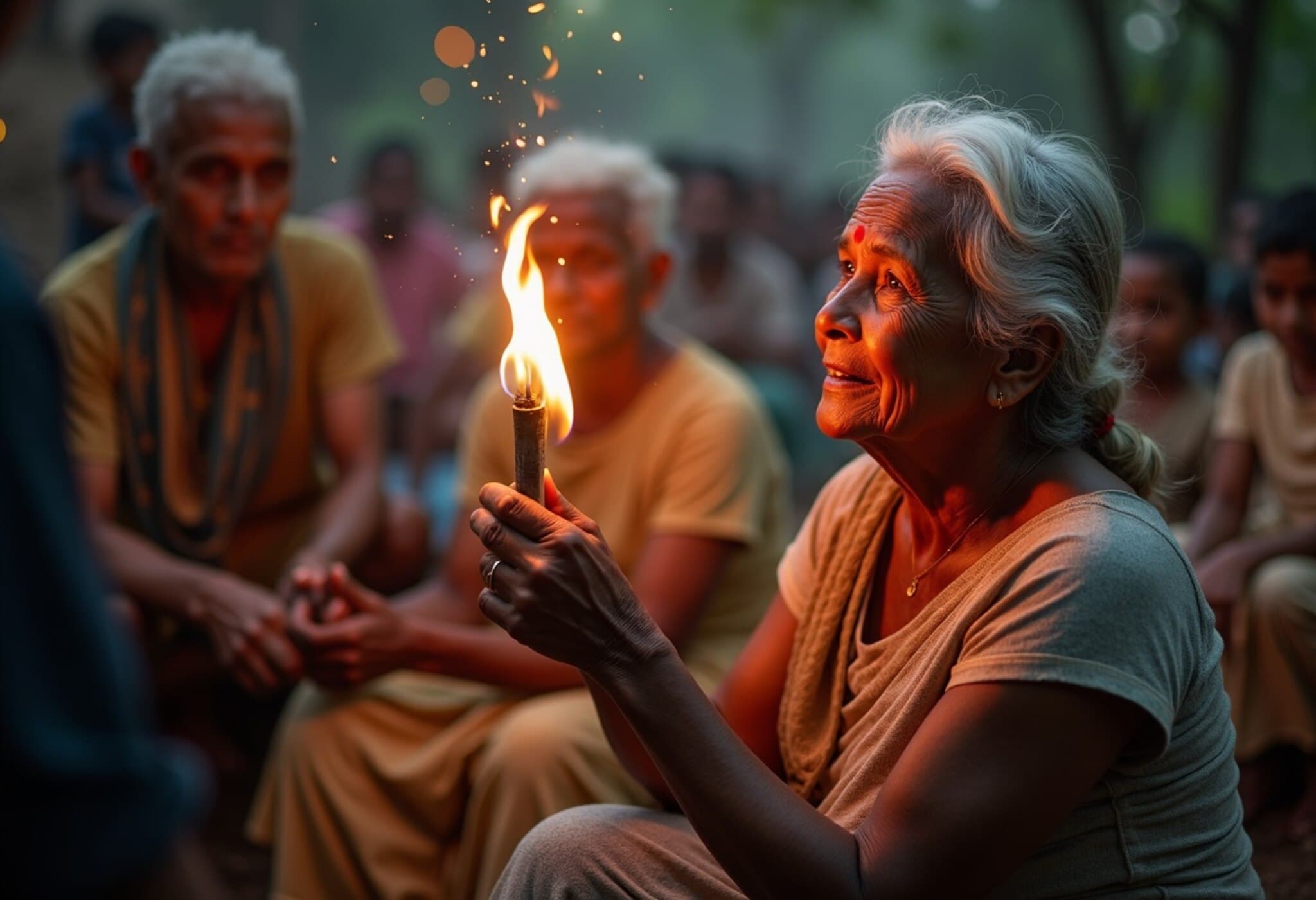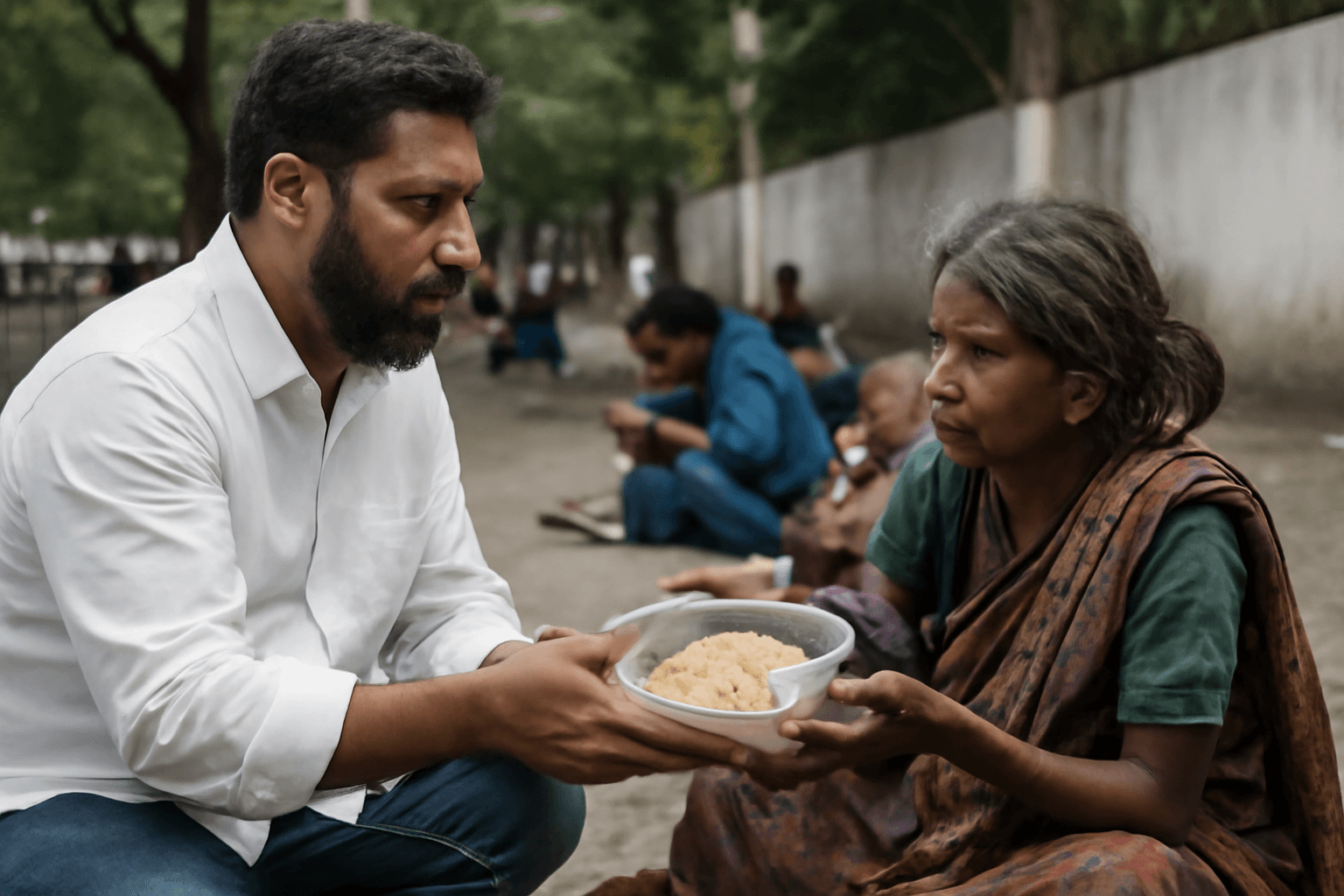In Brazil, hyper-realistic "reborn" dolls that closely mimic real infants have sparked a significant cultural debate. These dolls, crafted from silicone or vinyl to exhibit strikingly lifelike details such as veins, eyelashes, and realistic skin tones, have gained rapid popularity among collectors, mainly women, despite attracting criticism for their perceived emotional attachment.
One prominent collector, 21-year-old Gabi Matos from Campinas, cares for 22 dolls as if they were real babies, sharing her experience with over 1.3 million YouTube followers. She emphasizes that her connection with the dolls does not equate to delusion, but rather a meaningful hobby. However, some social media users have condemned the behavior, questioning the psychological health of such collectors.
The phenomenon gained national attention when a public gathering of reborn doll collectors in São Paulo went viral online. Videos showcasing reborn "births," complete with simulated amniotic sacs and umbilical cords, further intensified public discourse. Critics, including actress Luana Piovani, have dismissed the practice as abnormal, while supporters defend it as a harmless pastime comparable to traditionally male-dominated hobbies.
Alana Generoso, a seasoned collector and proprietor of a doll store in Campinas, insists that most collectors lead normal lives and view these dolls as "dreams" rather than replacements for real children. Her business includes a maternity hospital setup where dolls receive birth certificates, reinforcing the hobby’s experiential aspect rather than delusion.
This debate has permeated Brazilian Congress. Some lawmakers advocate for psychological support for reborn doll enthusiasts, while others push for sanctions against individuals allegedly exploiting the dolls to access public services unfairly. Pastor and MP Manoel Isidorio has publicly displayed his reborn doll in parliament, defending the hobby as socially acceptable.
Psychologist Viviane Cunha frames the reborn doll trend within the context of a global loneliness epidemic exacerbated by social distancing during the COVID-19 pandemic. She notes that engagement with these dolls becomes a concern only if it disrupts social, emotional, or economic functioning.
Matos voices concern over the gendered criticism, highlighting a double standard where male hobbies such as video gaming or kite flying are normalized, whereas women caring for dolls face stigma. The ongoing discourse reflects broader societal questions about emotional expression, gender norms, and mental health.

















